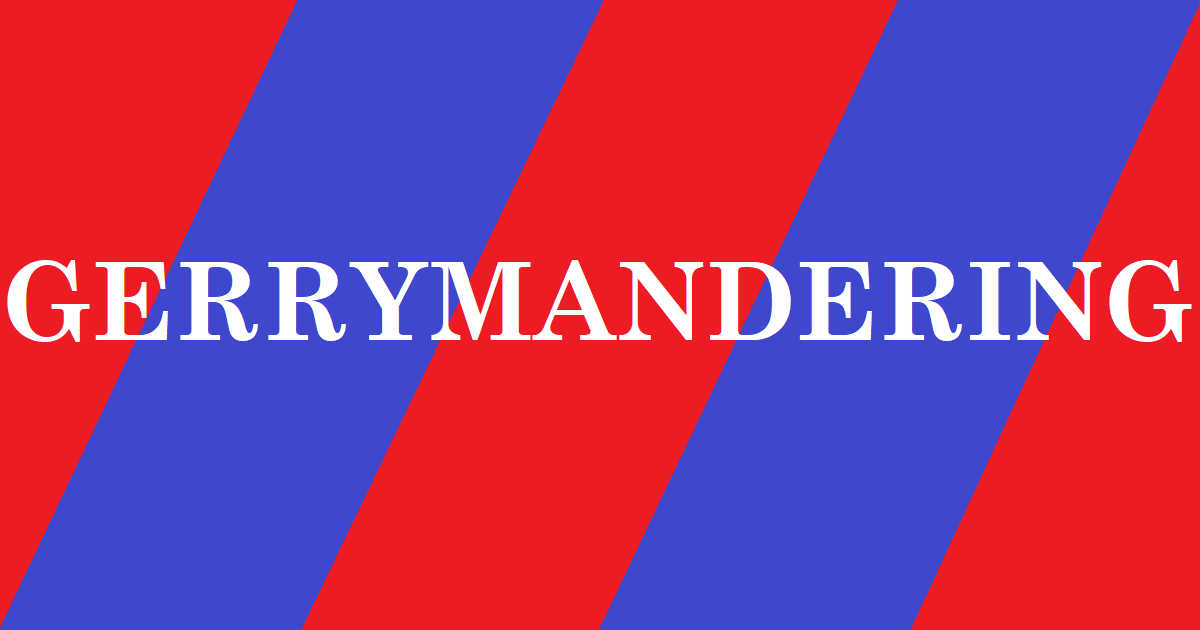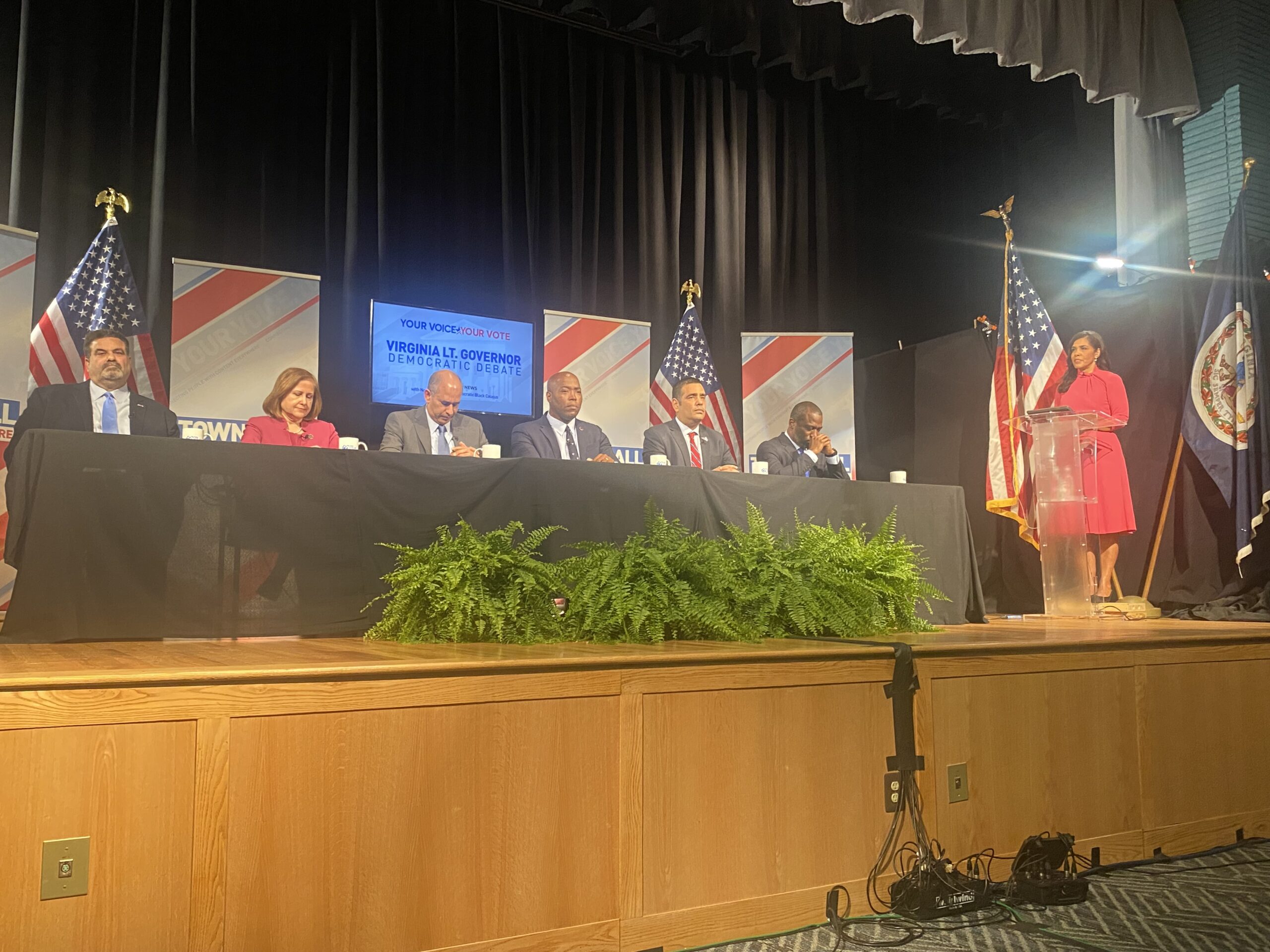Editorial: Amendment 1 is Dangerous
The long awaited 2020 Election Day is tomorrow, but when Virginia voters go to the polls, the presidential and congressional races won’t be the only thing on the ballot. Virginia will have not one but two Constitutional Amendments to consider.
Amendment 2 provides vehicle tax breaks for disabled veterans, and it’s something that most people can get behind.
But Amendment 1 is something far more sinister. Proponents claim that it’s a measure for redistricting reform that will bring an end to gerrymandering in Virginia by handing over the responsibility for drawing legislative maps to a commission that will act on behalf of voters and, according to them, draw fair maps. But, looking closely at how the commission is structured, voters can see that those claims are grossly misleading.
The reality is that Amendment 1 actually amplifies the issue of gerrymandering. If the amendment passes, it will create a “bipartisan redistricting commission”, but it’s not really a redistricting commission; it’s a gerrymandering commission. The commission will be made up of sixteen people: two delegates from each party; two senators from each party; four private citizens chosen by Democratic leadership; and four private citizens chosen by Republican leadership. The amendment effectively blocks future independents and third-party legislators from having any say in redistricting by ensuring that only the two major parties have a seat at the table.
Supporters of the amendment claim that it provides transparency and eliminates partisanship through the inclusion of private citizens, but that’s simply not true. These private citizens are hardly nonpartisan. They will be chosen directly by the party leadership from the Democratic and Republican parties. Anybody chosen by party leadership will owe their appointments to their party and will act in the interests of that party. They will do the bidding of the party bosses that put them on the commission; that is their job, after all.
The structure of the commission also makes the likelihood that the maps will be drawn by the majority Republican Supreme Court of Virginia all but certain. The commission will be charged with drawing the new districts, and they must come to a near unanimous agreement. If they don’t come to an agreement, if even two members of the commission disagree with the map, it doesn’t pass and the responsibility for drawing the maps falls to the Virginia Supreme Court. The Supreme Court does not face any checks or balances in their decision, and there is no requirement for transparency. It is also worth noting that the Virginia Supreme Court is one of two courts that is appointed by the legislature. One expert has noted that this structure breeds the kind of legislative “inbreeding” that supporters of Amendment 1 claim to oppose.
The issues don’t end there. The amendment is also opposed by Black leadership in the Commonwealth. Proponents will cite a group called the National Black Nonpartisan Redistricting Organization–a pseudo-PAC that formed just weeks ago and solely focuses on the passage of Amendment 1 in Virginia. However, every single Black member of the Virginia House of Delegates voted against the passage of the amendment because of how it will harm Black and brown communities. Additionally, the Virginia State Conference of the NAACP has vocally opposed the amendment.
Just ask yourself, who do you trust more with redistricting? Your elected representatives and the representatives that represent more than a hundred other districts? Or the establishment party bosses? How does it make sense to have a commission of sixteen people (handpicked by party leaders) decide the districts rather than the General Assembly?
We cannot count on a commission that is formed by establishment party leaders to act in the best interests of the people of Virginia, and I think that is something that anyone in any party can agree with. The supposed “citizen representation” on the commission will just be another form of partisan representation.
This amendment poses an existential danger to the integrity of our Commonwealth’s electoral process. It only serves to politicize Virginia’s courts, enshrine gerrymandering in our Constitution, and protect establishment incumbents in both parties. We should all be voting “No” on Amendment 1.




2 thoughts on “Editorial: Amendment 1 is Dangerous”
Comments are closed.